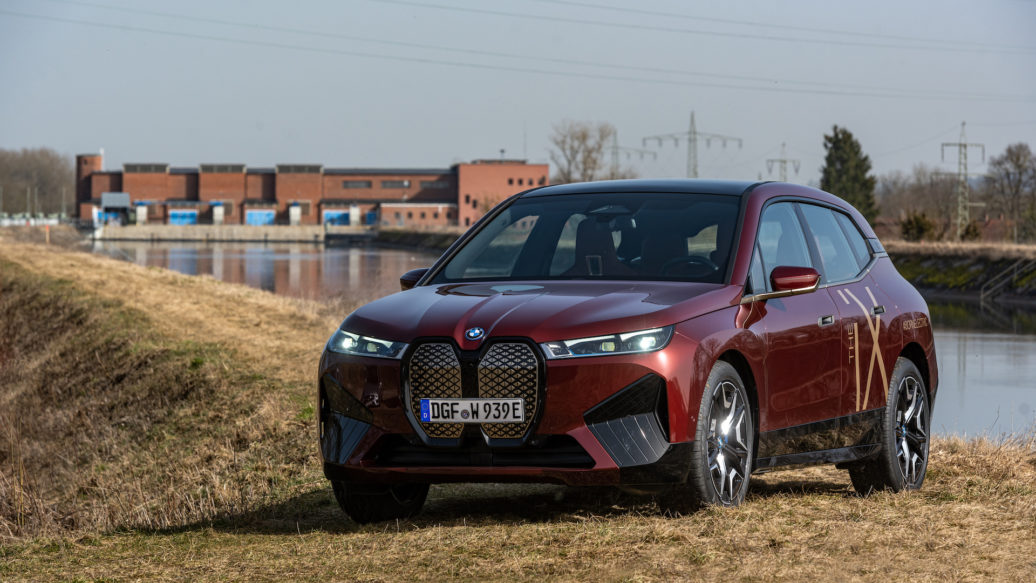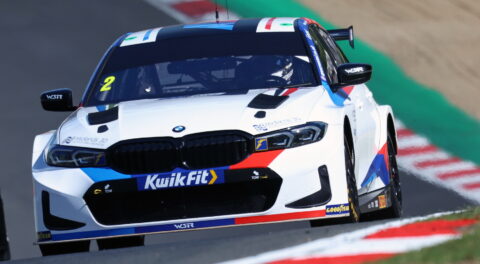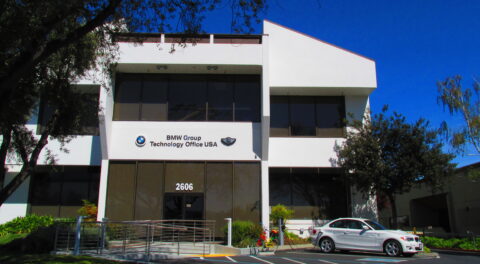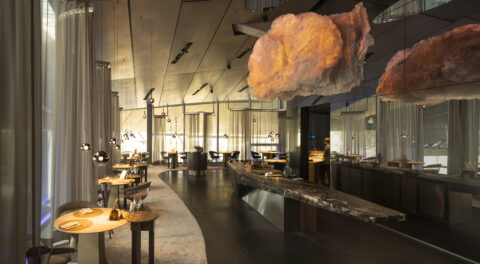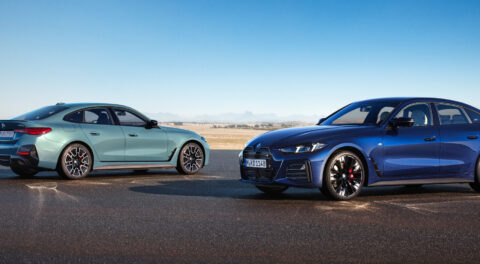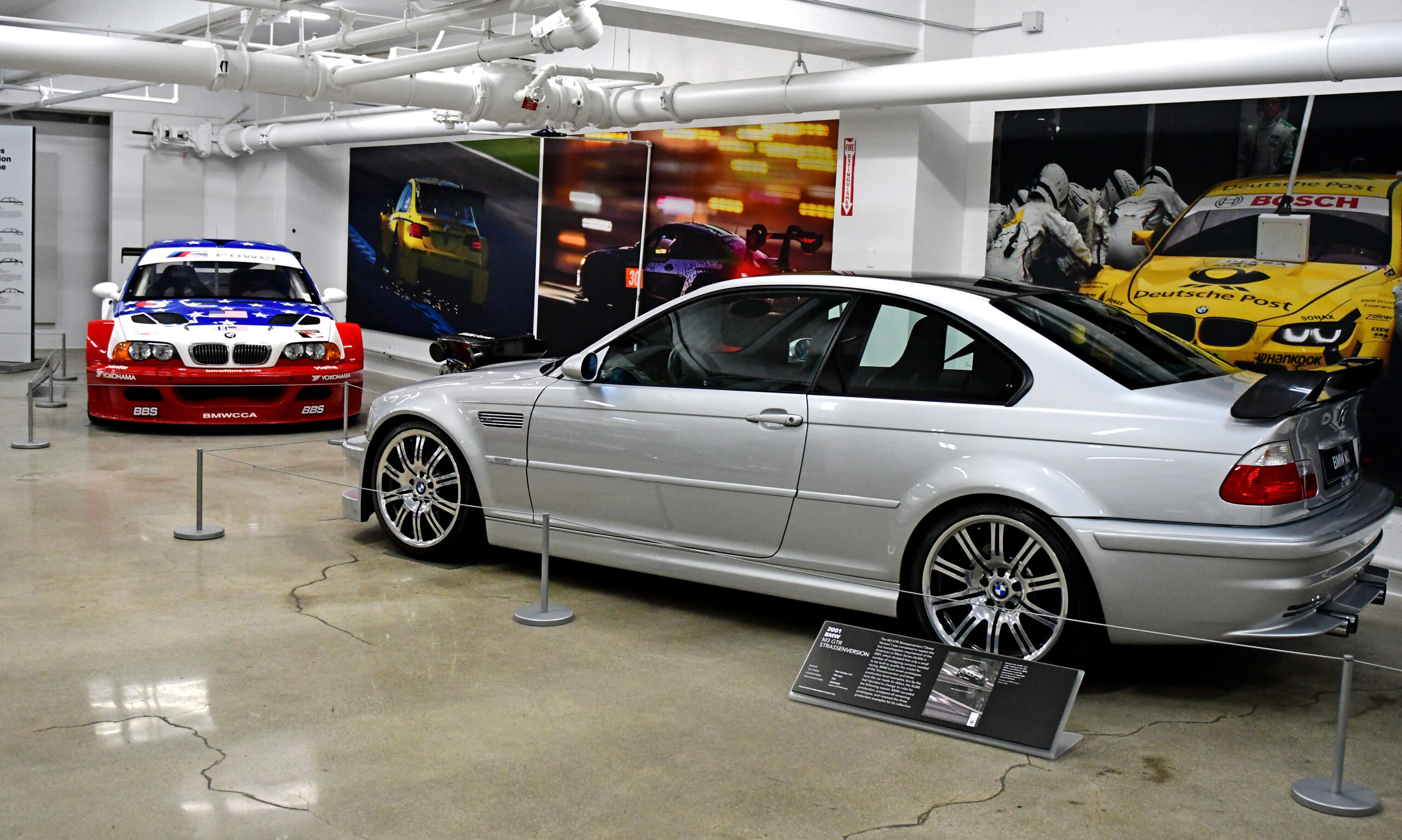BMW already powers its global network of manufacturing sites using 100% renewable energy, but as a leader of the Dow Jones Sustainability Index, the automaker is taking the next step for its upcoming all-electric models. When production of the i4 and iX begins later this year, the process will be powered by local hydroelectric sources. According to Milan Nedeljković, the BMW Group board member responsible for overseeing production, it’s part of a full-circle strategy: “We take a holistic view of sustainability. So rather than just minimising emissions from driving, we are working to significantly reduce the carbon footprint of our production processes.”
Because BMW operates a global decentralized production network with manufacturing sites and other facilities located in countries around the world, the energy sourced for production operations must come from a variety of different renewable sources. For example, in the U.K., Mexico, and China, large solar arrays are used, while BMW Group Plant Rosslyn in South Africa relies on biogas, and BMW Group Plant Leipzig uses wind turbines. For production of the i4, which is to be built at BMW’s main factory in Munich, energy will come from hydroelectric power stations on the Lech river in Gersthofen and Rain, Germany. BMW Group Plant Dingolfing, which is to produce the iX, will source hydropower from generating stations on the Isar river in Uppenborn, Germany.
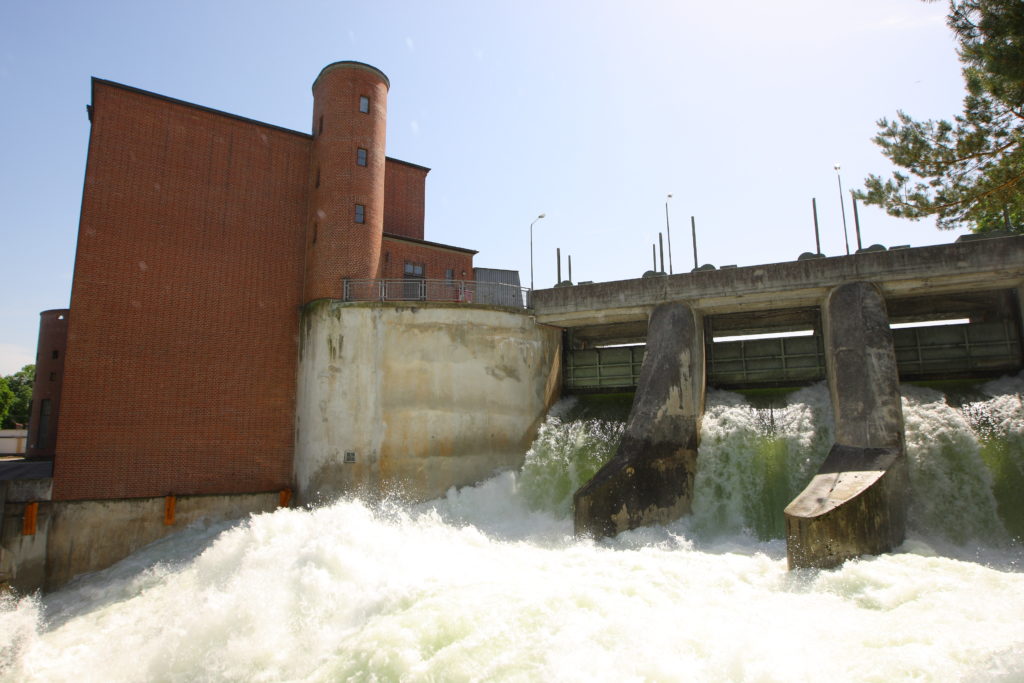
BMW’s approach to powering production using renewable sources directly addresses concerns facing the electric vehicle industry, in which the environmental impact of not simply just operating a vehicle, but what it took to produce in the first place, and what’s going to happen to it in the long run, have risen in terms of concern. The same can be said for the power used to charge and propel EVs like the i4 and iX among others—having solar panels on your roof in Southern California is excellent, but what about the rest of the world? Although answers to these concerns are not immediately available, BMW has established itself as an industry leader in terms of sustainability, efforts which currently span from the sourcing and procurement for raw materials and things like battery cells, to the design and manufacturing of packaging materials for spare parts and the fleet of vessels BMW contracts to ship vehicles around the globe. Data analytics, AI, and machine learning have also been used to further the effort; when the concepts were applied to body panel production, the amount of rejected parts was reduced.
From 2006 to 2019, BMW reduced the level of emissions associated with production by 70%. Nedeljković explains that, in the future, “We want to cut CO2 emissions by another 80% by 2030, to less than 10% of what they were in 2006.”—Alex Tock
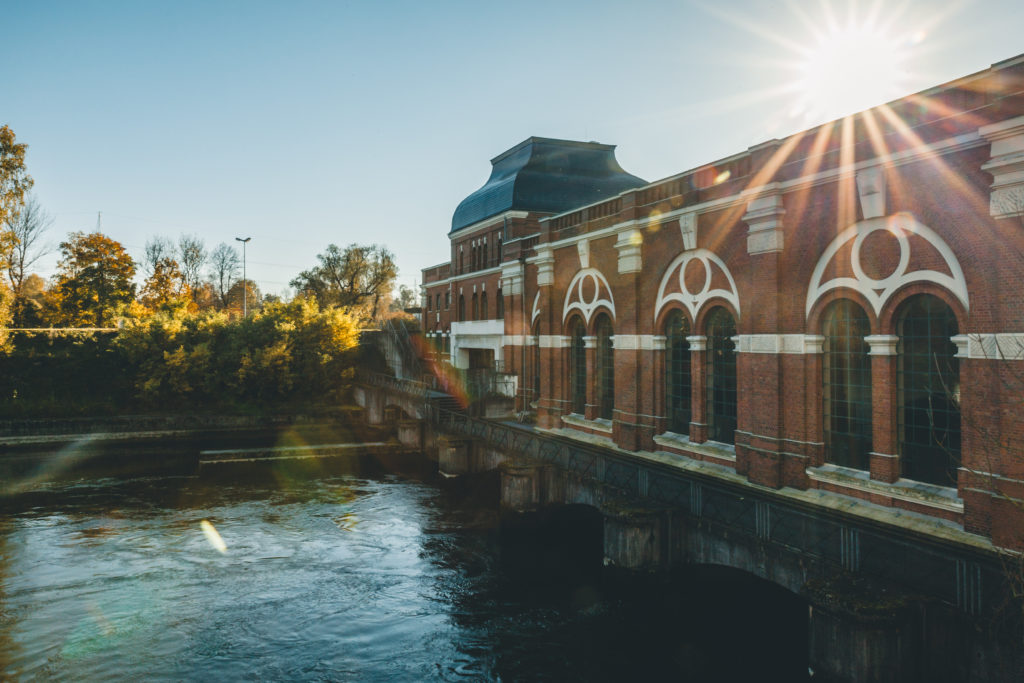
[Photos courtesy BMW AG.]

